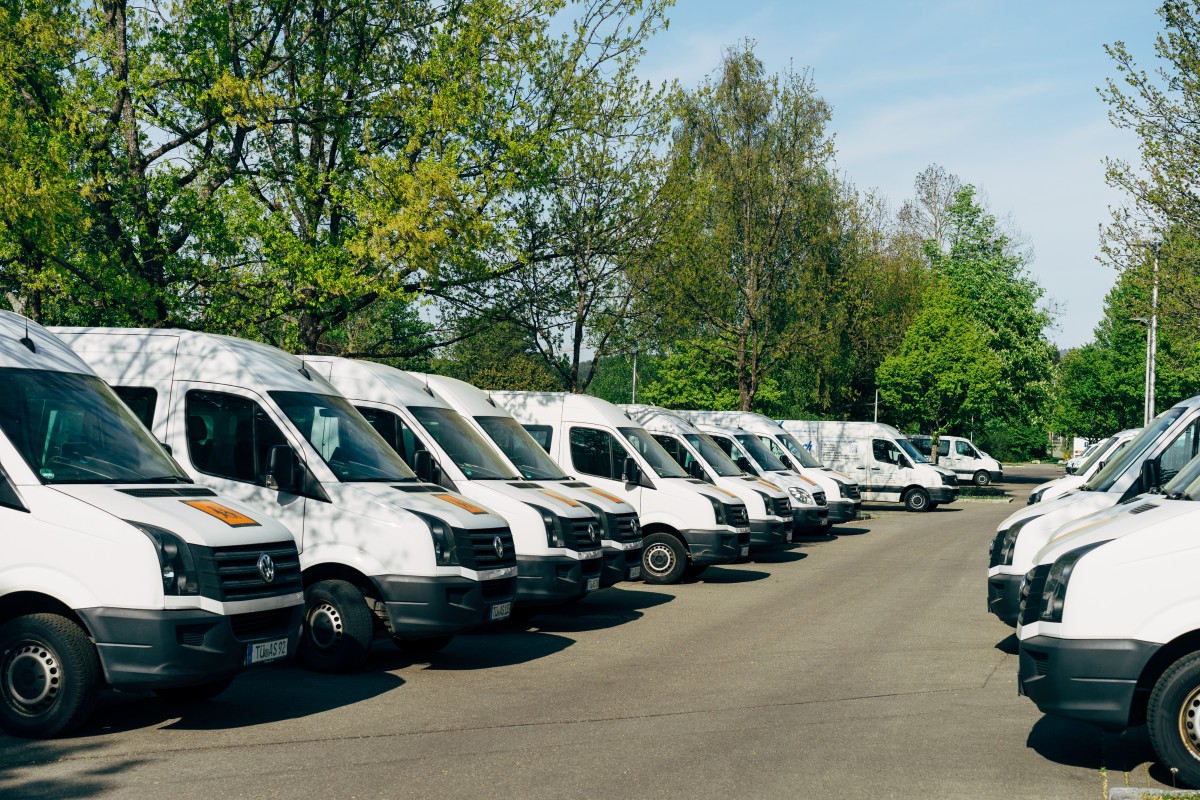Introduction
Whether you own a small fleet of delivery trucks or a large fleet of commercial vehicles, commercial auto insurance is an essential investment. It provides financial protection in case of accidents, thefts, or other incidents involving your vehicles. In this article, we’ll delve into the key aspects of commercial auto insurance and how it can safeguard your business.
Types of Commercial Auto Insurance
There are several types of commercial auto insurance policies, each designed to cover specific types of vehicles and risks:
Trucking Insurance: For businesses that operate trucks, including semi-trailers, box trucks, and flatbeds.

Image Source: constructioncoverage.com
Factors Affecting Commercial Auto Insurance Premiums
Several factors can influence the cost of your commercial auto insurance premiums:
Type of Vehicle: The type and size of your vehicles will affect your premium.
Additional Considerations
When purchasing commercial auto insurance, consider the following:
Coverage Limits: Ensure your coverage limits are sufficient to protect your business in case of a significant claim.
Conclusion
Commercial auto insurance is a vital component of protecting your business. By understanding the different types of coverage, factors affecting premiums, and additional considerations, you can choose the right policy to safeguard your fleet and minimize financial risks.
FAQs
1. What is the difference between personal auto insurance and commercial auto insurance?
Personal auto insurance is designed for individual drivers, while commercial auto insurance is specifically for businesses that own or operate vehicles for commercial purposes.
2. Can I get commercial auto insurance if I have a poor driving record?
It may be possible, but your premium will likely be higher. Some insurers may require additional measures, such as safety training or defensive driving courses.
3. What happens if I’m involved in an accident and the other driver is at fault?
Your commercial auto insurance will cover your damages and injuries, as well as any liability you may have for the accident.
4. Can I add additional drivers to my commercial auto insurance policy?
Yes, you can add additional drivers to your policy. However, their driving records will be considered when determining your premium.
5. What should I do if my vehicle is stolen?
Notify your insurance company immediately and provide them with all necessary information, such as the vehicle’s description, location, and any evidence of theft.
Commercial Auto Insurance: Protecting Your Fleet